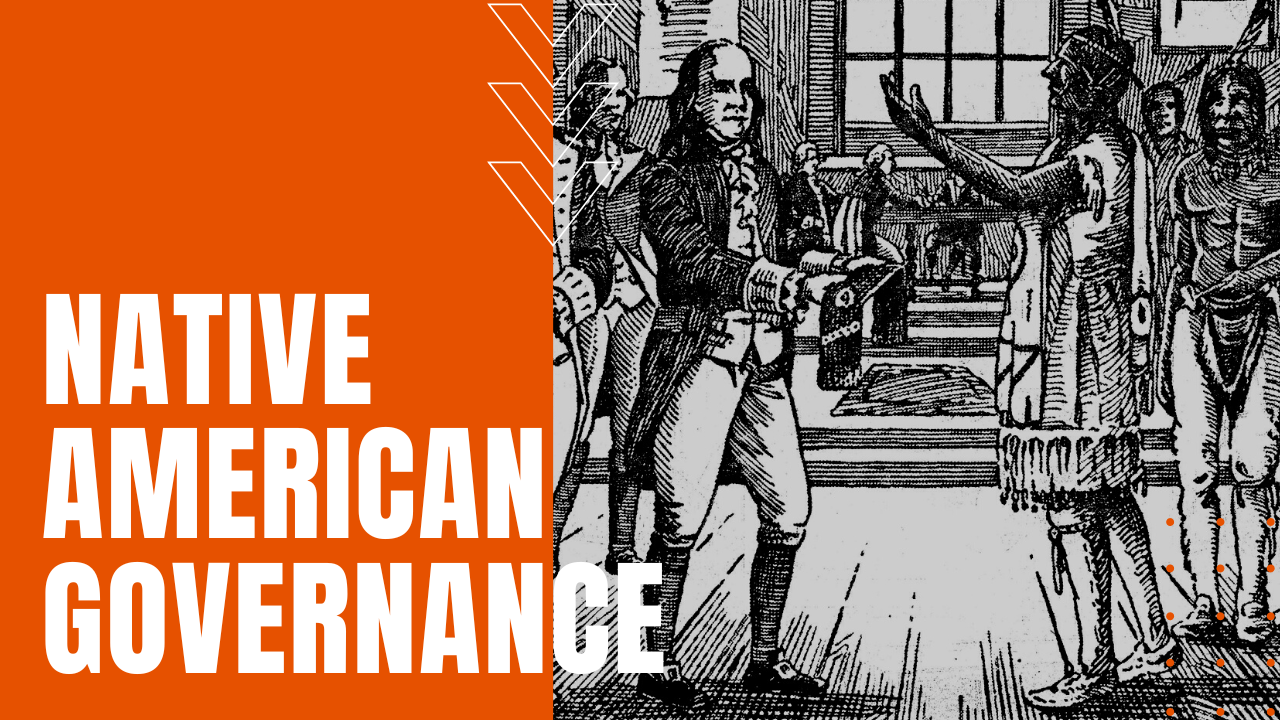Native American Governance Inspires U.S. Constitution

When the founding fathers met at the Constitutional Convention of 1787 to debate the future of American governance, they had no contemporary European democracies to model themselves after, other than the ideologies and writings by the likes of John Locke and Montesquieu.
They did, however, have frequent interactions with Native Americans, including Cherokee chiefs dining with Thomas Jefferson’s father in Williamsburg and interactions between Philadelphians and the Delaware and Iroquois Indians, leading historians Lynn and Kirke Kickingbird to write, that to think that the constitutional framers weren’t familiar with Native American democracies was like saying, “Gosh, I didn’t know the Germans and the French knew each other.”
Iroquois Confederacy
While other indigenous peoples had their own brand of democracies between likeminded tribes, the most pronounced and evolved example for founding fathers to study was the Iroquois Confederacy, which dates back to 1722, when the Mohawks, Onondaga, Cayuga, Oneida, Seneca and Tuscarora nations formed a multi-state government in tandem with their own individual governments, much like the American states of today.
According to historians Bruce E. Johansen and Donald A. Grinde, Jr., co-authors of Exemplar of Liberty: Native Americans and the Evolution of Democracy, the constitutional framers “cite the Iroquois and other native governments as examples of federalism,” where marriage and divorce were handled within a given village, while a national confederation of chiefs dealt with issues of mutual defense and foreign affairs.
Other examples include a letter written by Ben Franklin in 1751, describing the need for the 13 colonies to form a “voluntary Union” similar to that of the Iroquois Confederacy, while John Adams’ three-volume handbook written for the constitutional framers as a survey of different types of governments included references to the Iroquois Confederacy and other indigenous forms of democratic governance, making the Iroquois Confederacy a foundational primer for the U.S. Constitution.
